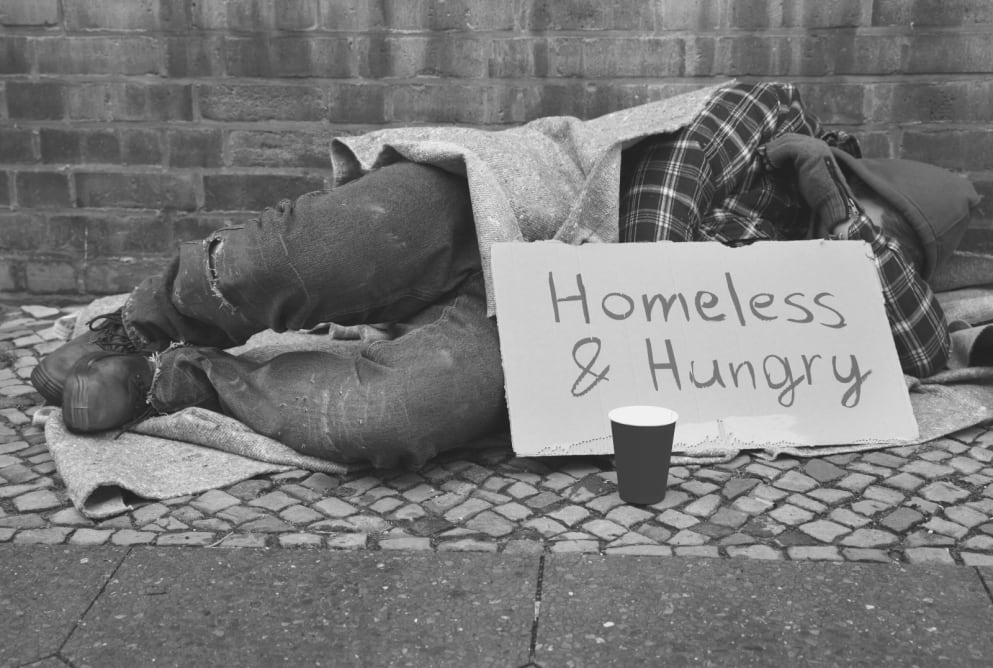For a person living on the streets, obtaining money is a daily struggle. Begging often isn’t a choice, but a necessity.
As we move further towards being a cashless society, it’s becoming even more difficult for those facing homelessness to find access to money. But this struggle isn’t something new - whether due to social prejudices, a lack of compassion or legal issues, begging is challenging.
Here are a few of the difficulties people living with homelessness face when begging.
Discrimination
We’re all aware of the stereotypes and prejudices surrounding people who live on the streets. Passers-by are often reluctant to hand over their cash, concerned that the receiver will potentially spend any money they’re given on other substances.
People who take advantage of good will are not exclusively those facing homelessness. The two things aren’t synonymous. A person living on the streets is dependent on the charity of strangers to be able to eat, access temporary shelter, or to travel to seek health and social support.
Dehumanisation
Facing homelessness can be an isolating and lonely experience. Begging often strips someone of their financial independence and autonomy. Suddenly, their life is dictated by the choices of other people.
Quite often, one of the biggest struggles faced is being treated equally and with respect. Receiving unkind treatment or being ignored is commonplace. Any source of conversation is often few and far between.
It’s no wonder that 80% of those facing homelessness struggle with mental health difficulties.
For someone who lives on the street, just receiving a smile or a simple “hello” can be a huge thing. Such basic social interactions can go far in boosting someone’s self-esteem.
Legalities
Begging is illegal, and has been so for around 200 years. Yet for many people facing homelessness, it’s their way of survival. It’s how they access food and emergency accommodation.
Homeless charity Crisis is supporting the repealing of the Vagrancy Act. Criticisms of the punishment-focused system are that it doesn’t help people to break the cycle of homelessness. In fact, people sleeping on the streets can currently be arrested and even sentenced to time in prison. When the causes for homelessness are as diverse as everything from unemployment to domestic violence, it’s difficult to see how incarceration is a helpful way forward.
Even legal restrictions can’t stop people desperate enough for help. Whilst some people will find loopholes in the legislation by busking for money, others still risk arrest by begging to satisfy their basic human needs.
At Simon on the Streets, we help people facing homelessness to get much-needed practical and emotional support. Our team of outreach workers connect with people in both city centres and outskirts, meeting those in the hardest-to-reach places.
Whatever their circumstances, we’re here to help the most vulnerable people in society. Nobody should have to face homelessness alone.
